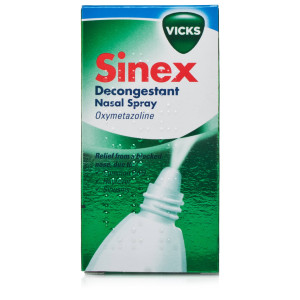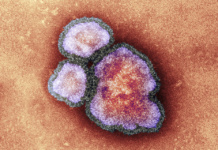“Pregnant women who use nasal sprays for colds and hayfever increase the risk of rare birth defects,” according to a report on Mail Online.
This headline was based on a large study of infants with and without birth defects. It looked at whether their mothers said they had used decongestants during the first 12 weeks of their pregnancy.
It found a possible link between birth defects and two ingredients commonly found in decongestants (phenylephrine and phenylpropanolamine). Most strikingly, the risk of a birth defect where the walls separating the chambers of the heart are poorly formed or absent was eight times higher in mothers taking phenylephrine.
While this sounds alarming, as the Mail rightly points out, the increase should be placed into the wider context. The increase in risk translates into a 2.7 in 1,000 (0.27%) chance the baby would have the defect. It is also worth noting that this study did not set out to prove that decongestant medicines cause birth defects, only whether the two may be linked. It is not possible to say for definite, on the basis of this study, that nasal sprays cause birth defects.
It is generally advisable to use as few over-the-counter medicines as possible during pregnancy.











